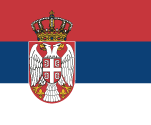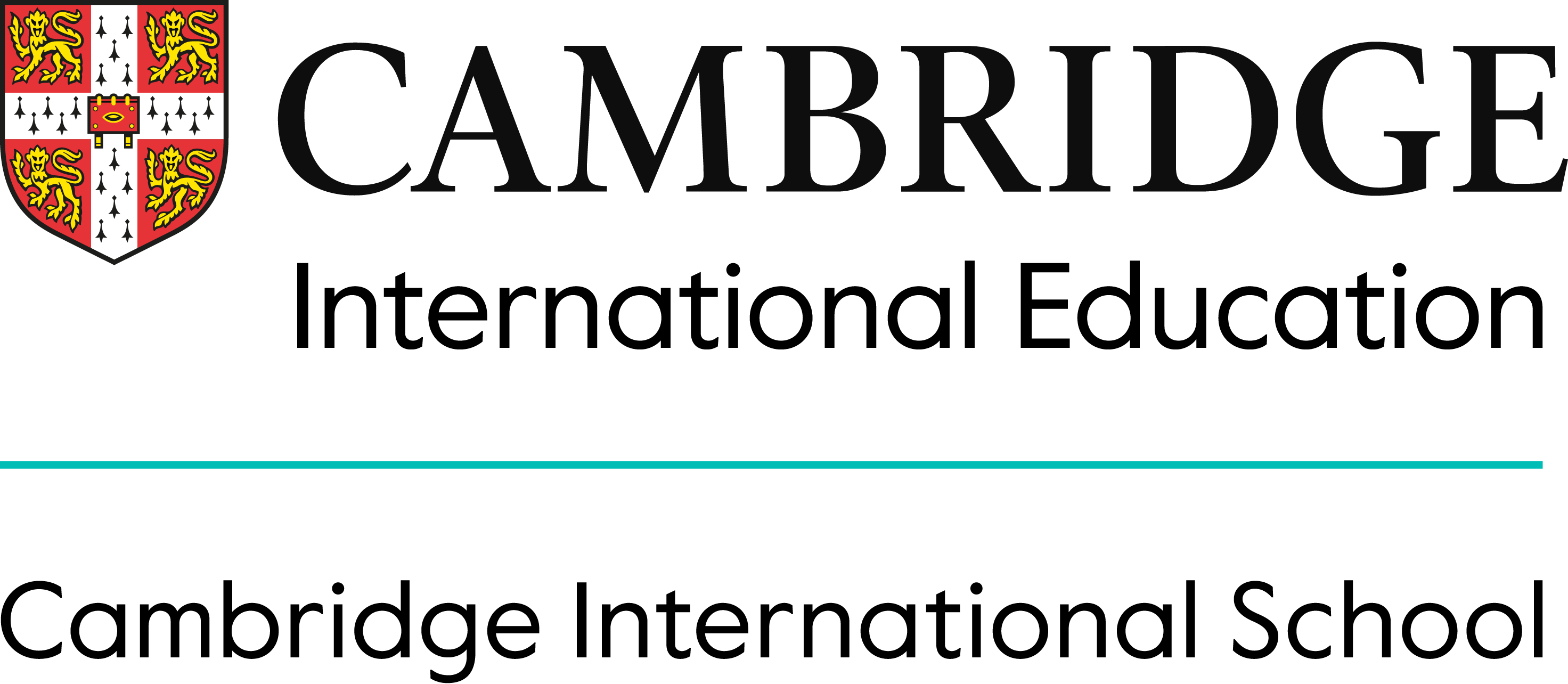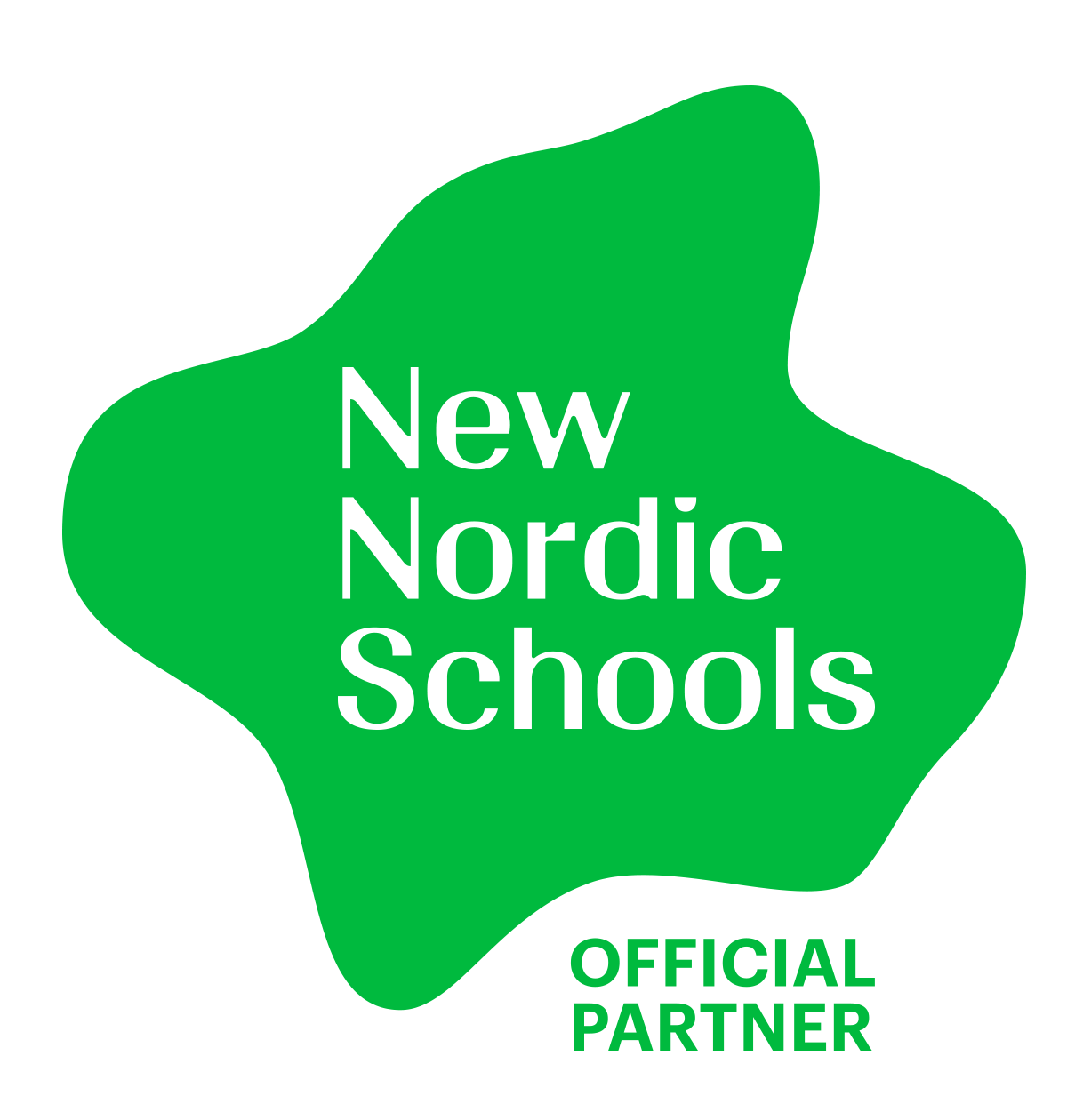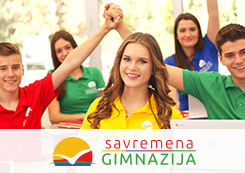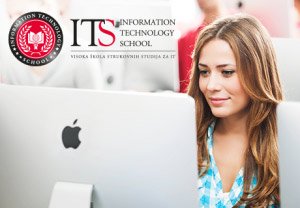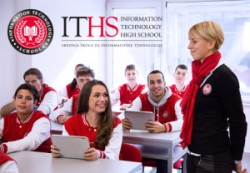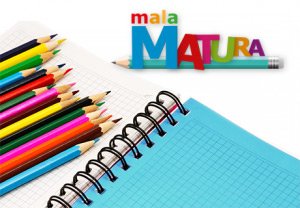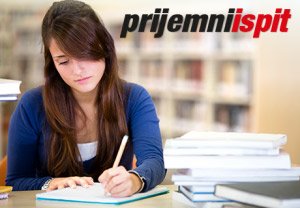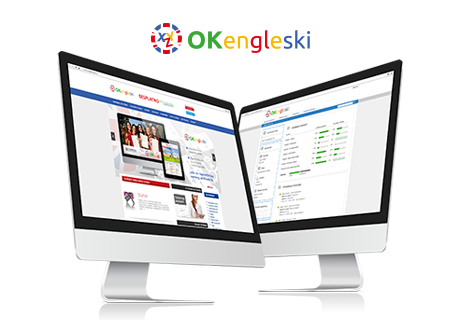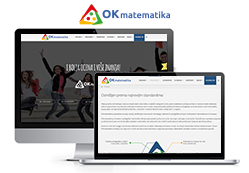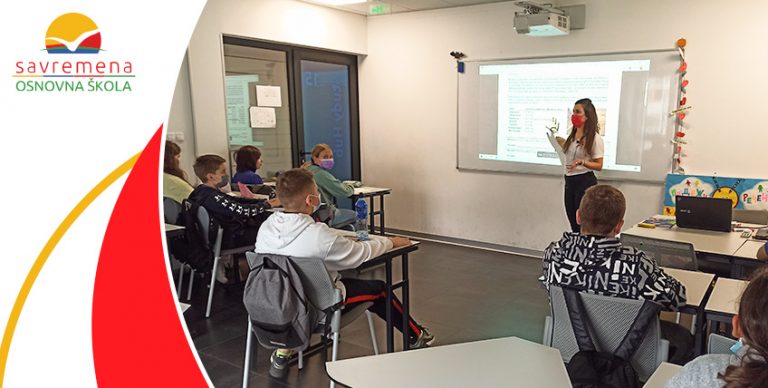
“May – Maths Month” at Primary School Savremena
Sasa Zdravkovic / / Blog, I-IV, Kombinovani, Nacionalni, V-VIII / May 17, 2021
“May – Maths Month” at Primary School Savremena
Learning mathematics through examples from real life
Maths is one of the favourite subjects in Primary School Savremena, which is usually not the case in most other schools.
Mathematics classes are always different, interactive and based on real-life situations, so Savremena students not only love this subject, but achieve outstanding results in official math competitions, as a rule. And the month of May was completely dedicated to maths.
Affirmation of mathematics, which is among the least favourite school subjects in Serbia, is one of the guiding ideas of the event May, Month of Maths – M3. The activities built upon that idea, so our Maths teacher, Dajana Jokić, delivered unusual maths classes in partnership with students during the entire month of maths.
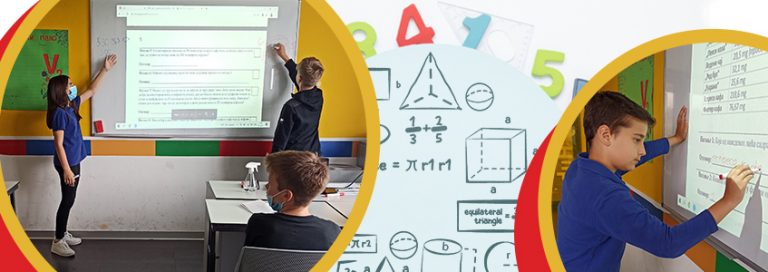
The aim was to point to the ubiquitous bond between maths and all other school subjects, as well as everyday life. The teaching material (fractions and decimal numbers) was studied through interesting research in some classes in Year 5.
BY STUDYING MATHEMATICS, WE BETTER UNDERSTAND THE WORLD WE LIVE IN
Thus, the student task in one maths class was to calculate the percentage of caffeine in coffee, iced tea, Coca-Cola and other beverages. The next task was to calculate the allowed caffeine intake for a student of the 5th grade. This way, students easily acquired knowledge through play, and used maths tools to discover some important things about food, and how to take care of their own health.
On the other hand, sixth-graders learnt percentages by researching statistical data of the World Health Organisation about the percentage of obese and overweight individuals in the Serbian population. By applying the acquired knowledge of percentages, they designed a daily food intake plan in line with the person’s energy requirements, and calculated the number of people with normal weight and obese people in Serbia by 2025.
Seventh-graders solved interesting problems related to the circle, in line with their teaching material. Our student Jessica Gorayeb (VII-1) distinguished herself by being able to name as many as 50 decimal digits of the number Pi. This future mathematician or scientist handles very complex mathematical problems on a daily basis, mostly using her phone.
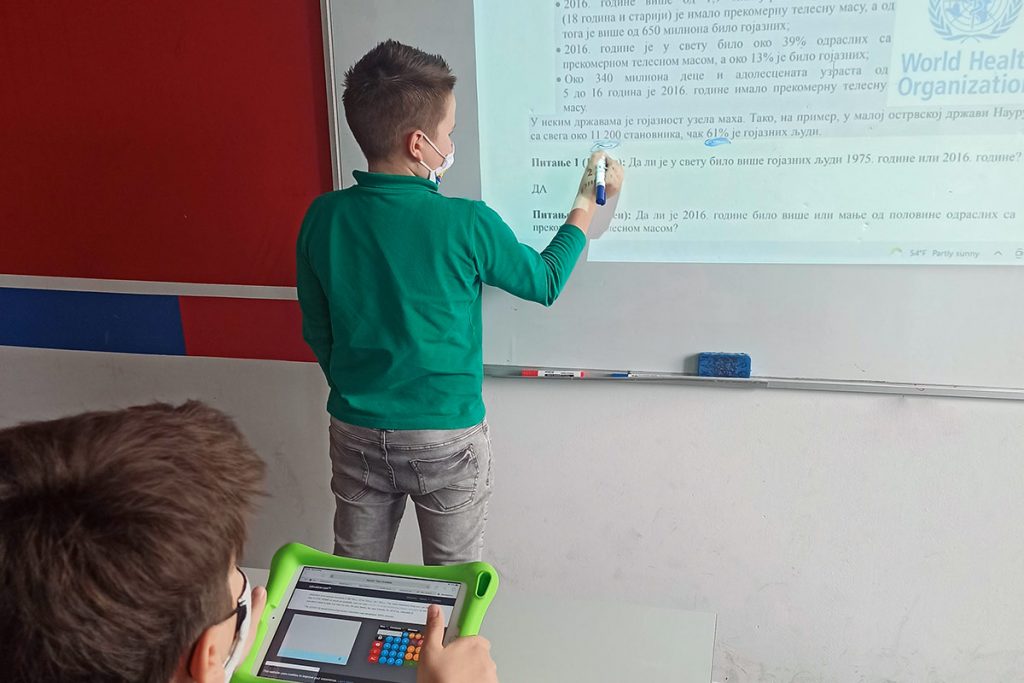
This proves that modern technologies have numerous advantages and can often be a means for achieving progress in learning, which is incomparably faster today than three decades ago.
During the month of May, math entered all classrooms, but also the school hallways. The school organised various educational events that promoted maths, and a competition for senior students and teachers which required logical reasoning in solving tasks. We also organised workshops that used simple examples to illustrate that maths is everywhere around us.
It is truly omnipresent in our lives. It exalts and improves us, and helps us better understand the world we live in.
EVENT THAT COULD TURN MATHEMATICS INTO A FAVOURITE SCHOOL SUBJECT
The event May, Month of Math – M3 was organised in Serbia for the tenth time. The program of this event is always interesting, and the main focus is on popularising mathematics, often the least favourite school subject. The slogan of this year’s event was The Formula of Art, and the idea was to link mathematics with the performing arts.
The program took place in several locations in Belgrade – Science Club Belgrade, Belgrade Fortress and Kalemegdan park, Knez Mihailova Street, and the Mathematical Institute of the Serbian Academy of Sciences and Arts.
Some of the most interesting events included the interactive exhibition of Dr Andreas Maet Mathematics and Music at the Mathematical Institute of the Serbian Academy of Sciences and Arts, and the exhibition of 11 mathematicians from all over the world Poetical Worlds of Mathematical Theories in the Kalemegdan park.
